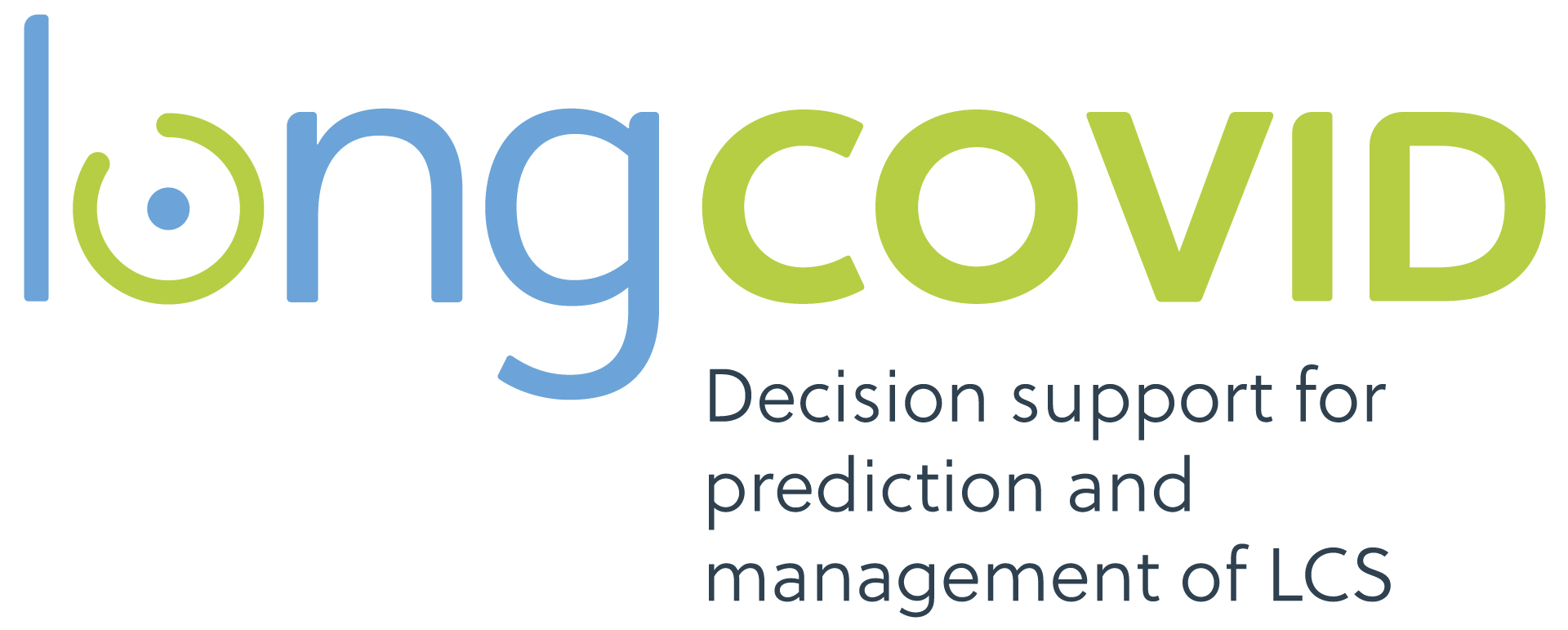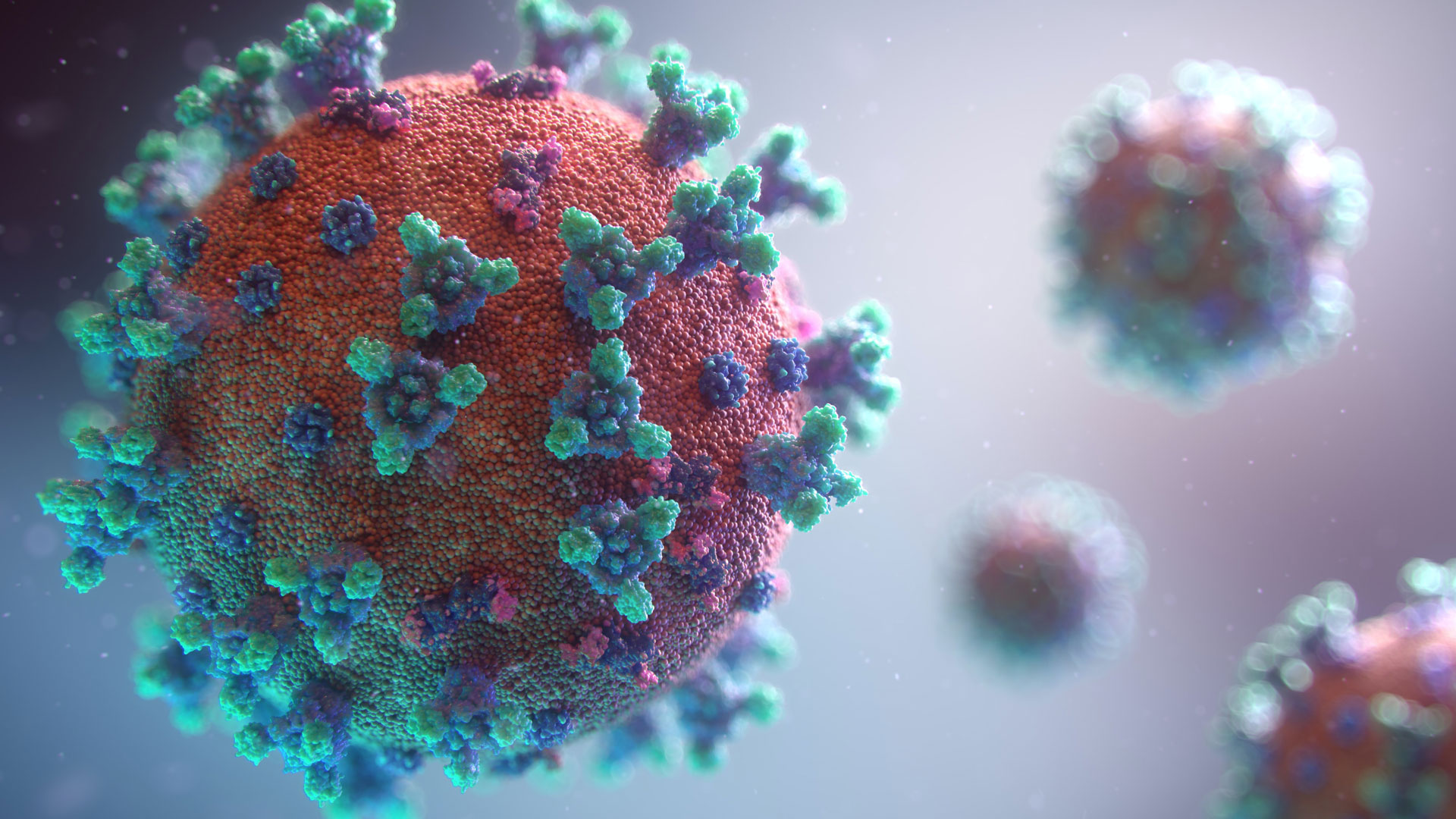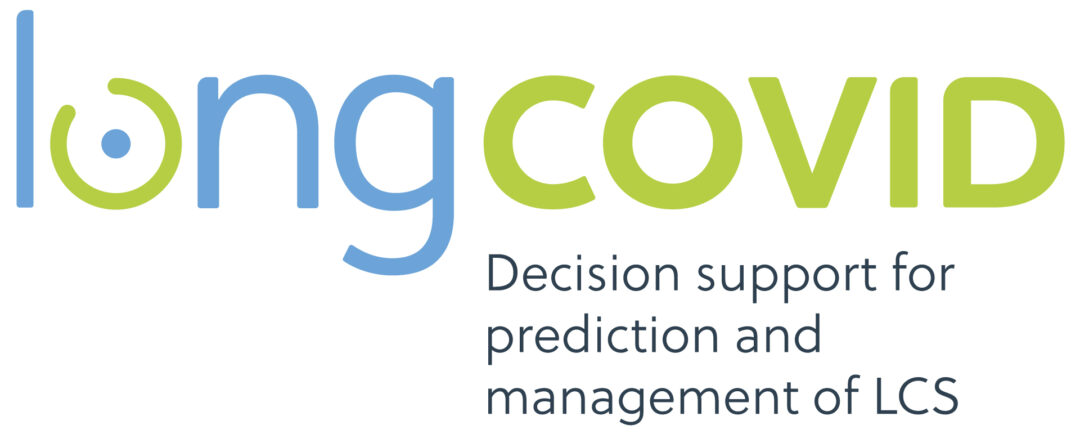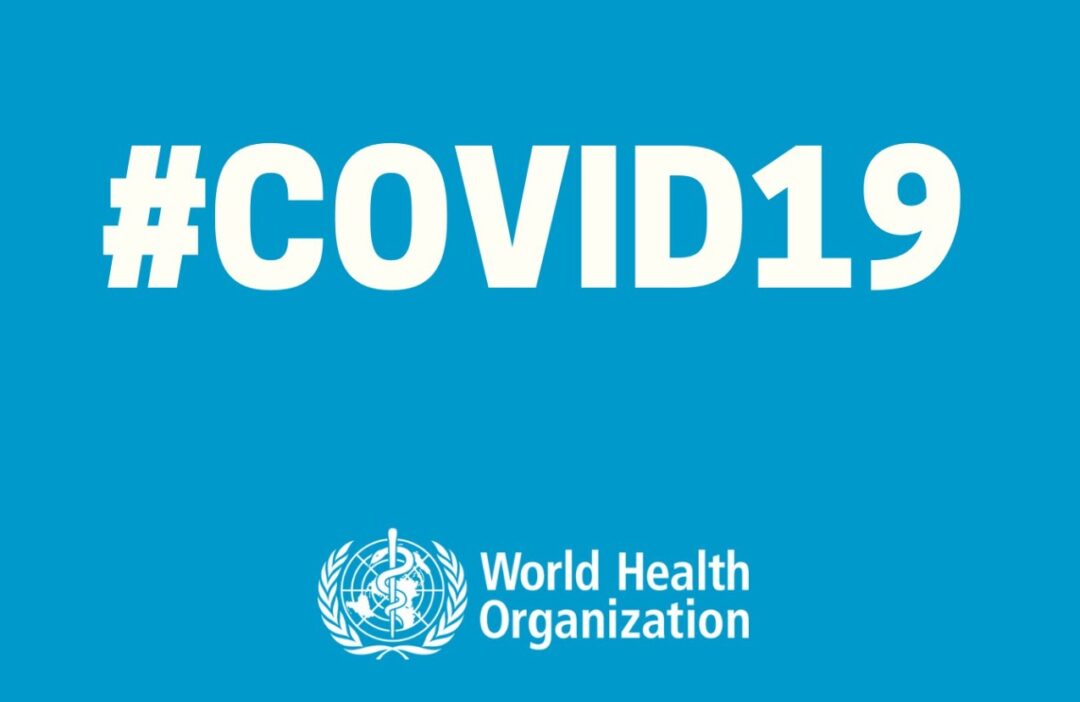A study led by Emory University (USA) profiled patients in the recovery phase of COVID-19 via proteomics screening and machine learning to find signatures of ongoing antiviral B cell development, immune-mediated fibrosis, and markers of cell death in long COVID patients but not in controls with uncomplicated recovery.
Plasma and immune cell profiling further allow the stratification of post-acute sequelae of COVID-19 (PASC) into two different types: inflammatory and non-inflammatory.
Based on the findings of this study published by Nature Communications, inflammatory PASC displays evidence of ongoing neutrophil activity, B cell memory alterations, and building autoreactivity more than a year after the COVID-19 infection.
